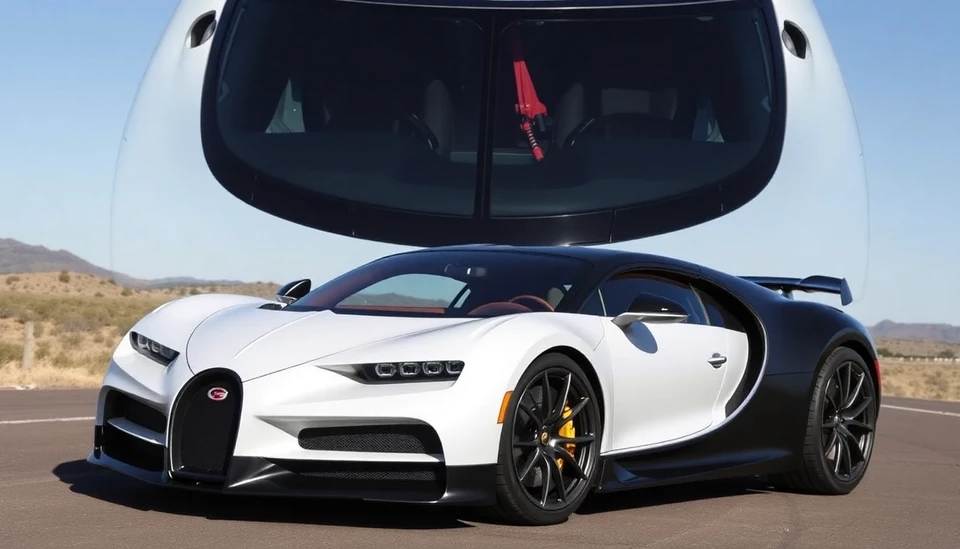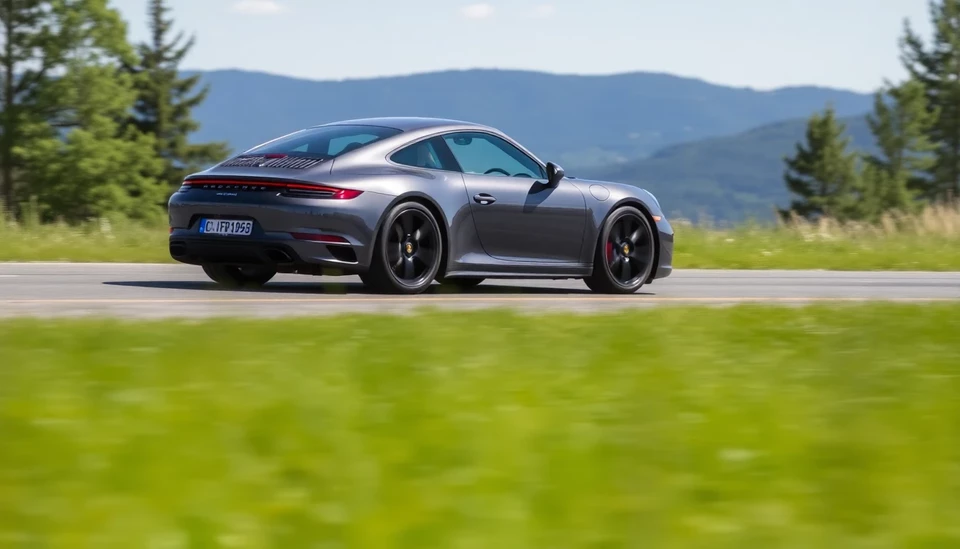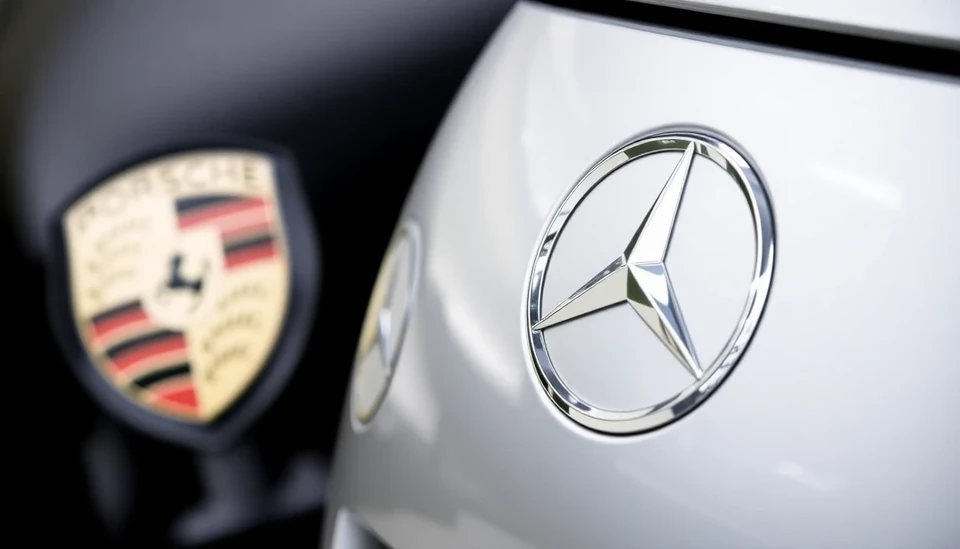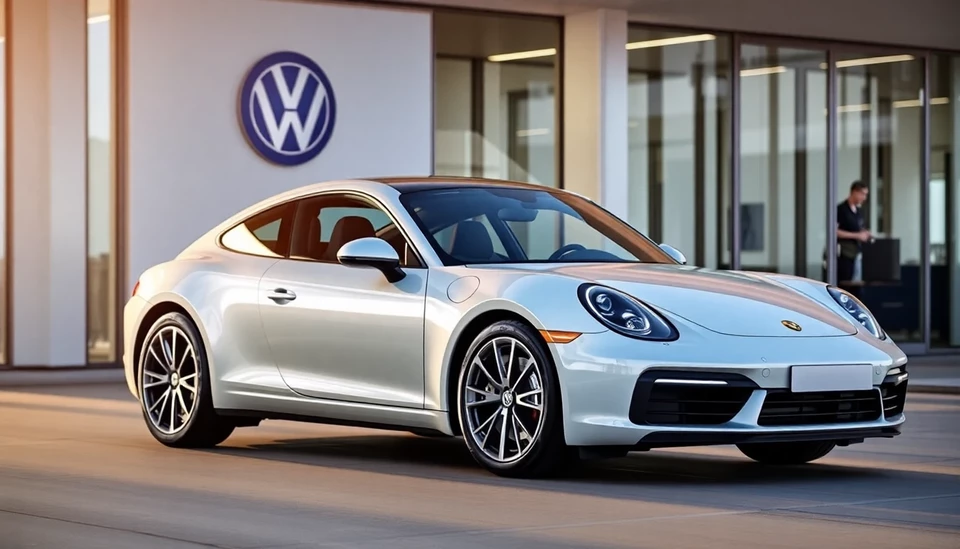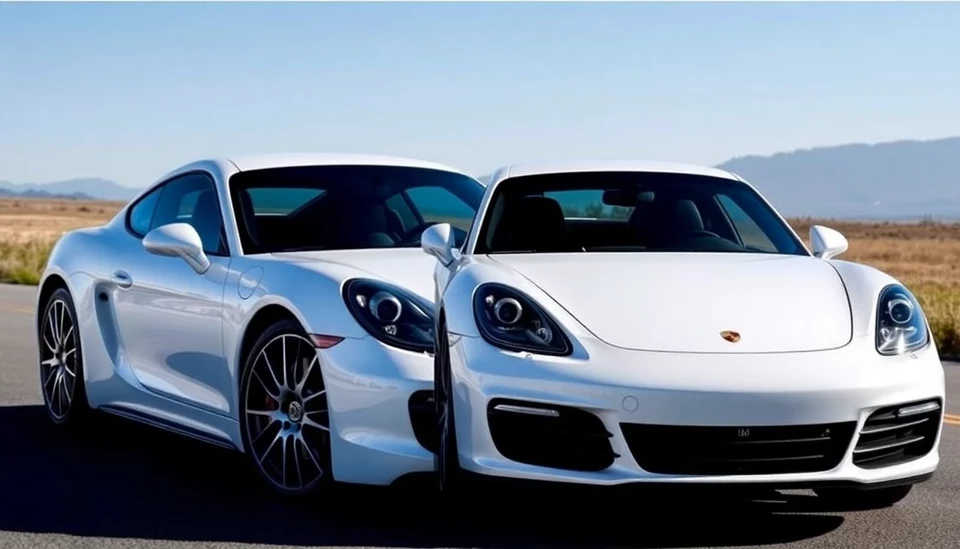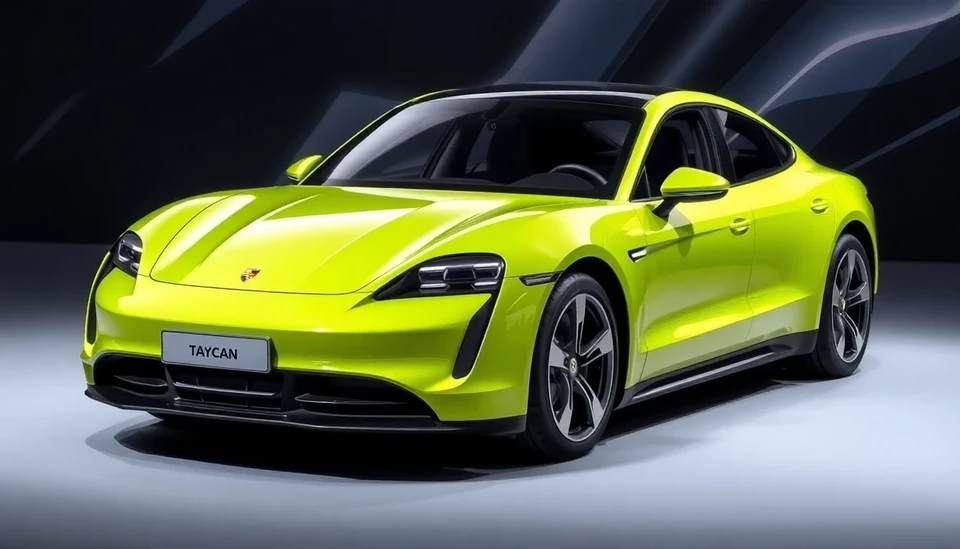
Porsche's sales figures in China have taken a significant hit, attributed primarily to the disappointing performance of its electric Taycan model. As one of the premium electric vehicles in the market, the Taycan has failed to make the expected impact among Chinese consumers, resulting in a steep decline in Porsche's overall sales in the region.
In the latest reports, Porsche disclosed that sales in China plummeted by a staggering 29% during the third quarter of this year. This downturn is particularly concerning for the German automaker, given that China has historically been one of its largest and most lucrative markets. The company's ambitious plans to expand its electric vehicle lineup hinge heavily on the success of the Taycan, yet the model continues to struggle amid intense competition and shifting consumer preferences.
Market analysts suggest that the Taycan's high price point could be a considerable barrier. Positioned as a luxury electric vehicle, the Taycan's cost puts it out of reach for a significant portion of potential buyers, especially when compared to more affordable offerings from rival manufacturers. Additionally, customers in China are increasingly drawn to other electric car brands that not only provide competitive pricing but also innovative features and extensive charging networks.
Furthermore, the growing popularity of domestic electric vehicle manufacturers, particularly among younger, tech-savvy consumers, poses a substantial challenge for Porsche. Brands such as NIO and Xpeng have been gaining traction with their modern designs and appealing price ranges, further siphoning off potential Taycan customers.
Porsche’s situation in China highlights the broader struggles facing international automakers in the rapidly evolving electric vehicle market. Despite the company's reputation for high-performance sports cars, it seems that the Taycan has not captivated the Chinese market as much as anticipated. The lack of strong marketing strategies aimed at this specific demographic has also been pointed out as a possible factor in the Taycan's tepid reception.
Looking forward, industry experts indicate that Porsche must realign its strategies to better appeal to the Chinese market. This could involve reevaluating pricing structures, enhancing marketing initiatives tailored to local consumers, and potentially expanding its electric vehicle offerings to include more accessible models.
Overall, the disappointing sales figures for Porsche in China serve as a cautionary tale for luxury automakers attempting to navigate the electric vehicle landscape in this fiercely competitive market. The demands and preferences of consumers are evolving quickly, and companies must adapt swiftly to keep pace.
With the automotive industry entering a critical phase towards full electrification, Porsche's experience in China may provide important lessons on balancing luxury with accessibility in an increasingly crowded electric vehicle sector.
#Porsche #Taycan #ElectricVehicles #ChinaSales #AutomotiveIndustry #LuxuryCars #EVCompetition #NIO #Xpeng
Author: Samuel Brooks
